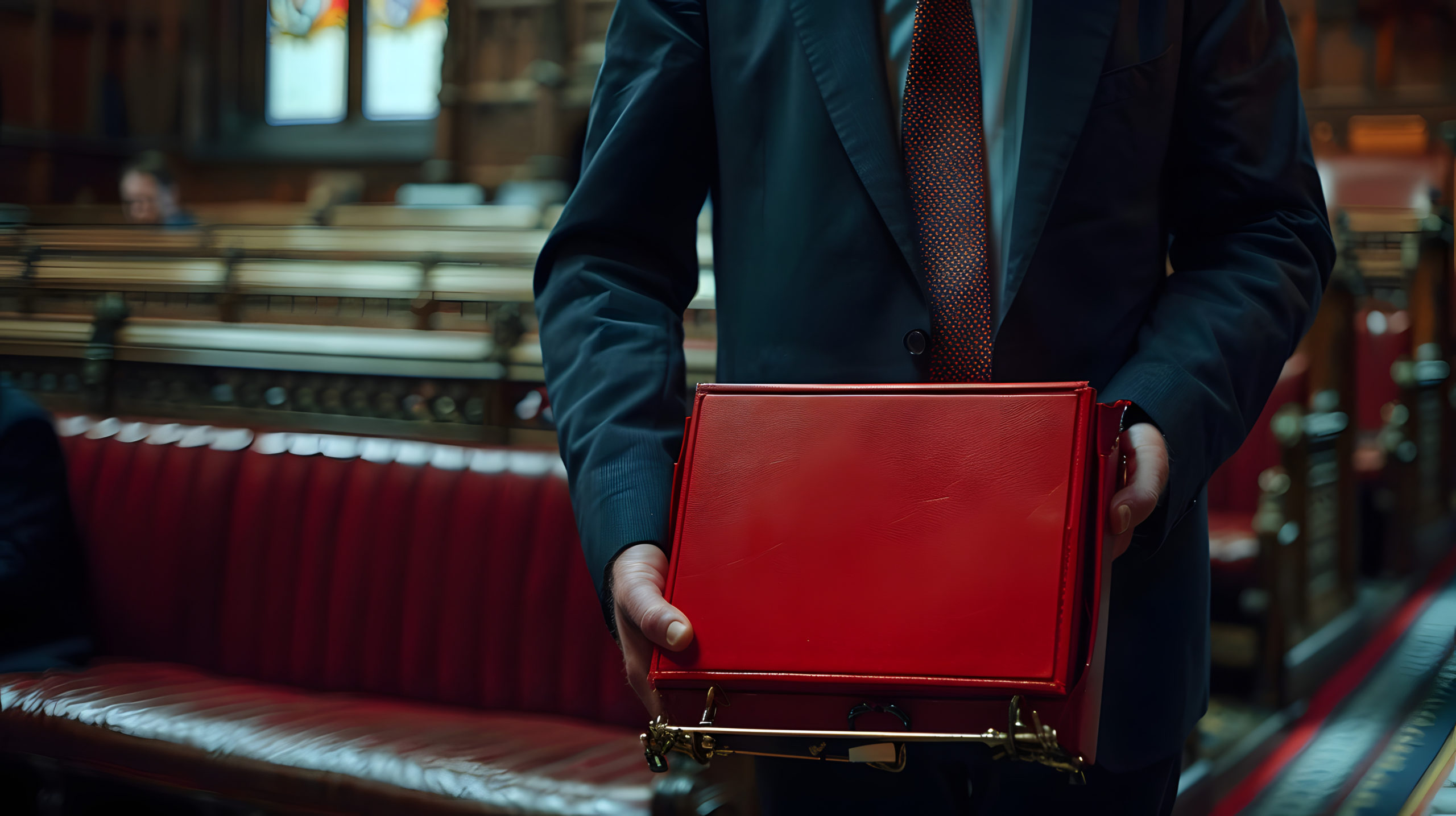What can the economy expect from the new Labour Government?
2nd August 2024
With a new government, led by a new Prime Minister, Britain can expect big changes in the months and years ahead, but what alterations might Labour bring to the economy? Chancellor Rachel Reeves has presented Labour as a party focused on growth and spread of wealth, but has highlighted the need for “tough decisions” in order to balance the fiscal books.

Sir Keir Starmer and his team have pledged their commitment to introduce a range of initiatives and policies to meet economic goals, including:
Introduction of tough spending rules to stop the country from spending more
Labour will look to bring harsher rules on government spending, while developing the role of the Office of Budget Responsibility.
Developing a new relationship with businesses to boost growth everywhere
Through a new approach to economic management, called Securonomics, Labour will work with businesses, trade unions, local leaders and devolved governments to create ‘a broad base and resilient foundations’, upon which they plan to support businesses.
Establishment of a national wealth fund to invest in jobs
The Labour Party plans to attract £3 of private investment for every £1 of public investment into a new National Wealth Fund, with the target of creating more jobs across the UK.
Planning a spread of power across England
The new government will set out to utilise public investment more strategically, unlocking more investment from private companies and increasing investment in UK markets.
Introducing a new deal for the working people
With an aim of offering routes out of poverty, Labour plans to ban zero-hours contracts, while introducing basic rights for parental leave, sick pay and protection from unfair dismissal.
As further details on spending are released from the Chancellor our team will be keeping a close eye on developments. The first budget is due at the end of October and, with a current commitment not to raise NICs, Income Tax (though the thresholds freeze will remain) or VAT, the question remains as to which other taxes may be impacted in order to meet Labour’s fiscal plan, including potential tax implications to the likes of pensions, CGT or IHT.
You can sign up to hear more from our newsletter here.
All information correct at time of going to print/live and on the best knowledge and understanding of the author at the time. This article is for general information only and does not constitute financial advice or recommendations for individual circumstances. No responsibility is taken for any actions taken on the base of the information within this article.




